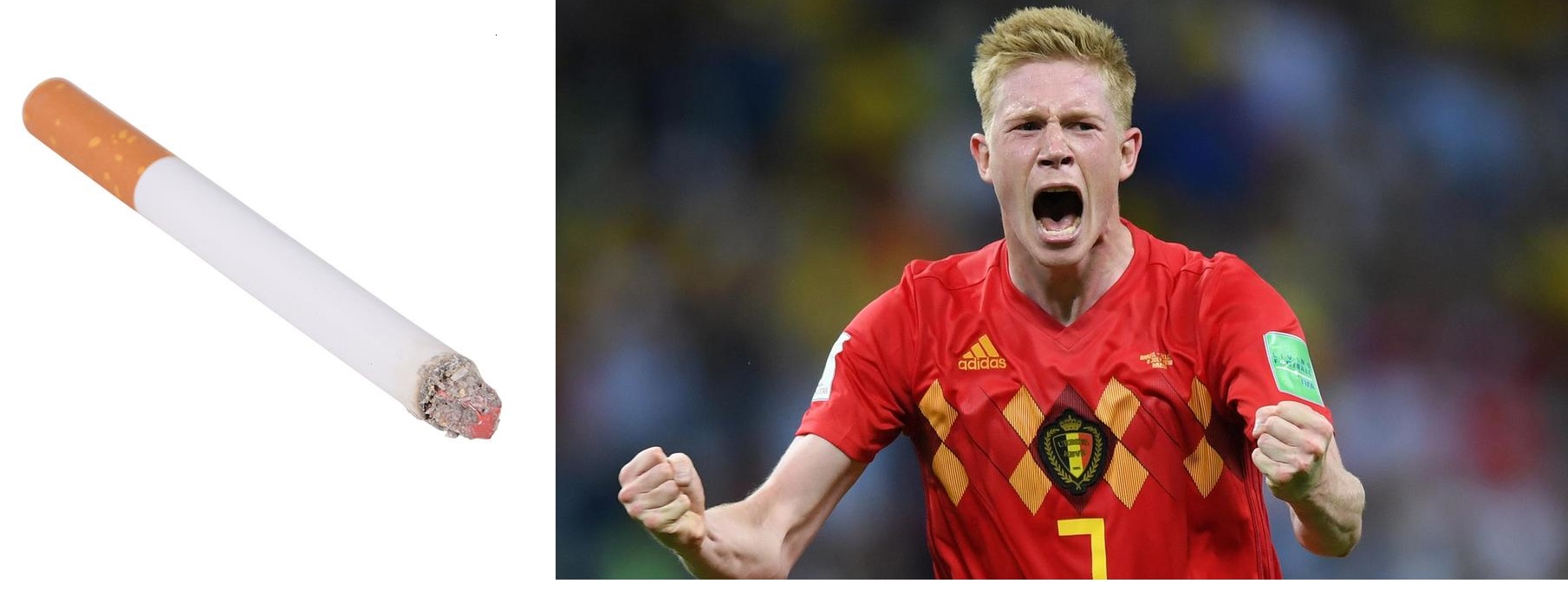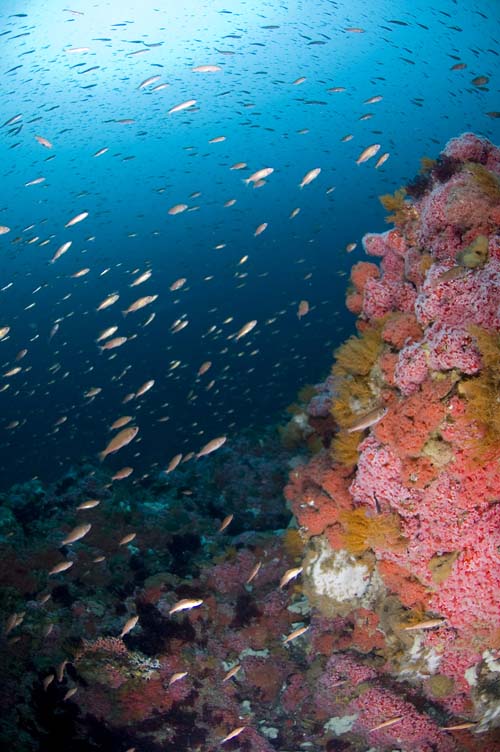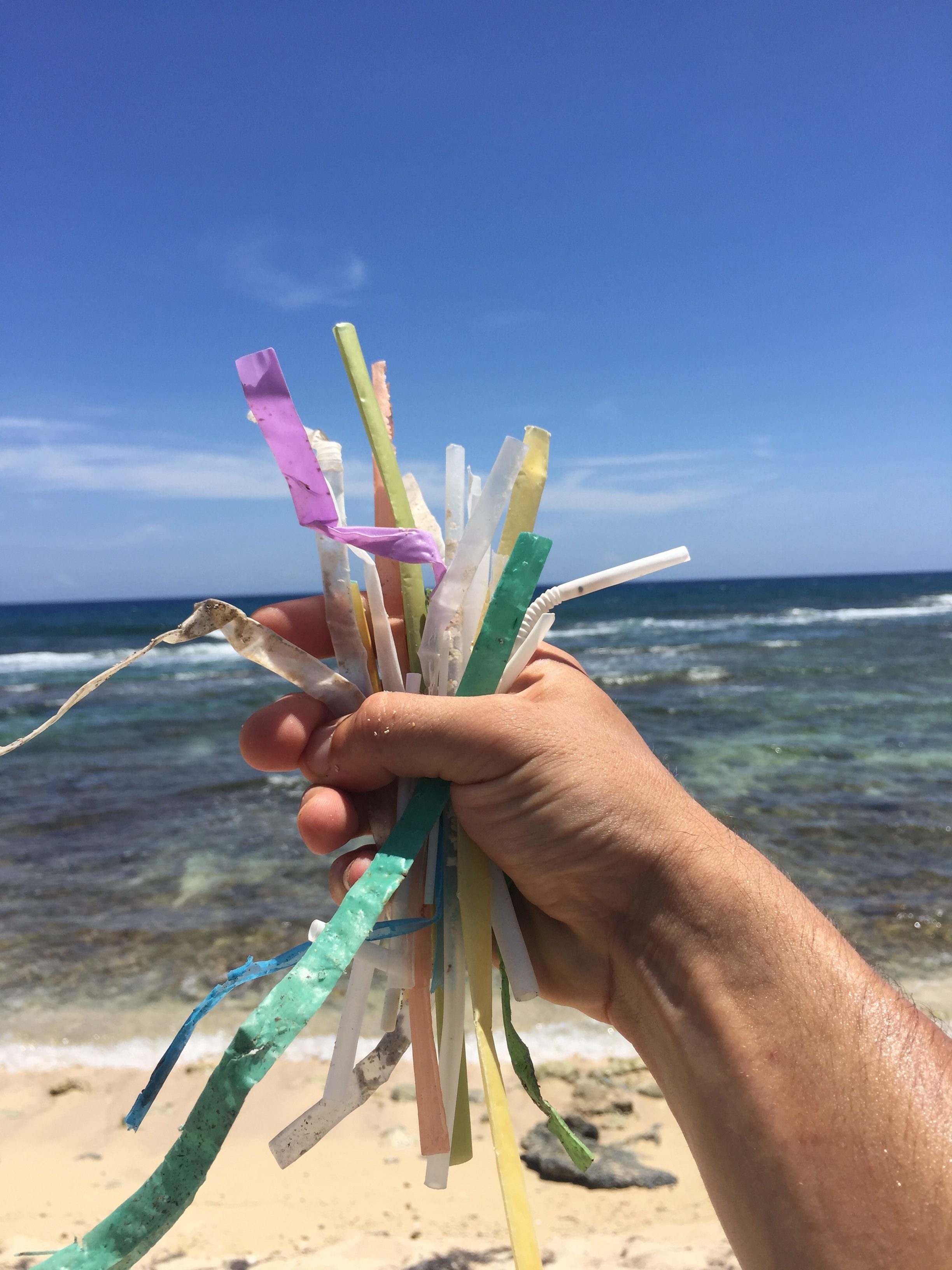I am working as the Education and Outreach Fellow with Think Beyond Plastic on the Bay Islands of Honduras to raise awareness of the marine plastic pollution problem and encourage local solutions.

Man, it’s unreal that we’re already halfway through our project here! Time has literally flown by! In the past month I’ve been able to organize and coordinate the Ocean Ambassador Program and Plastic Free Schools Campaign with students from all three Bay Islands. I just returned from Bay Island’s smallest island, Guanaja where I completed training and preparation to launch a plastic reduction competition among the island’s public schools. Students will be collecting the plastic from their daily consumption, documenting their reduction efforts, and creating a mural/recycled art show at the end of the competition with the plastic they collected! Continue reading














